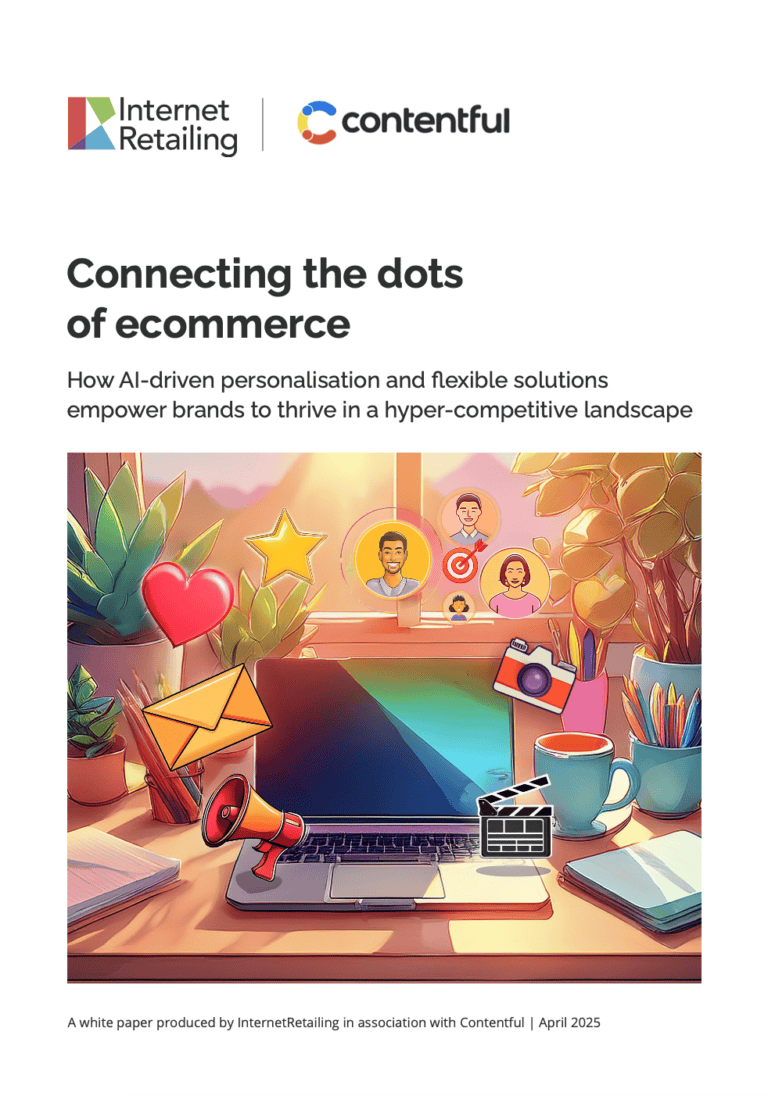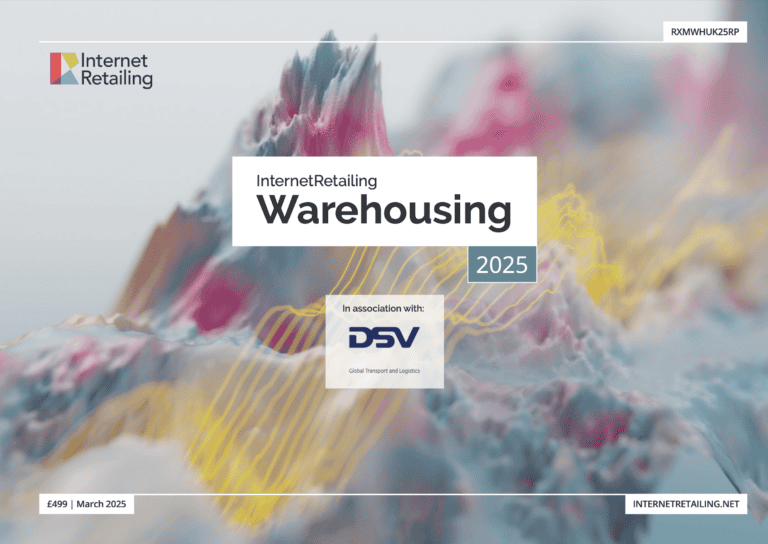Sustainability is now a strategic priority for retail businesses , but the vast majority were failing to make meaningful progress and the retail industry must work harder and faster to make a meaningful impact to deliver on climate change commitments.
The warning comes in an in-depth study by global management consultancy Boston Consulting Group (BCG), which polled 37 major retail businesses around the world, including grocers, fashion firms and those selling homeware and electronics, with annual revenue ranging from $1bn to $500bn. The findings reveal widespread understanding of the competitive advantages to winning in sustainability, including: a competitive edge over rivals, cheaper borrowing, lower costs, attracting new customers, and retaining employees, as well as the potential for tapping into new revenue streams.
However, the survey also found that the companies were “nearly unanimous” in believing that sustainability initiatives would drive value in the next five to ten years and half of the respondents believed their companies would invest “whatever it takes” to reach their goals.
The findings revealed that there was a clear disconnect between retailers’ bold ambitions and their progress on the sustainability journey. Only a select few of the companies had reached the stage where they could claim sustainability was core to the company’s strategy, decision making, and value creation, according to the research.
While 60% of the firms believed their company’s goals were bold and differentiated, more than half had still not set any sustainability key performance indicators (KPIs) across their businesses to measure progress, and less than 20% were currently on track to cut Scope 3 emissions, which include those of suppliers, by enough to meet targets for limiting the rise in global temperature to 1.5 degrees, set by the Paris Agreement in 2015.
Some companies are stuck at “sustainability basics,” simply doing enough to comply with regulations and meet the minimum expectations of investors and other stakeholders.
The report highlights the need for a seismic shift in attitudes and business processes to place sustainability at the core of corporate strategy, decision making, and value creation. Firms need to do more to augment and accelerate their responses to tackling issues such as plastic packaging, which accounts for 40% of global plastic use.
To translate this value mindset into value creation, retailers need to work on having the rest of the principles in place. As a solution, BCG presents a three-pronged strategy:
- Prioritize: Sustainability targets should carry as much weight as other parameters when embarking on new business opportunities as well as when evaluating business performances, and sustainability indicators must be weighted equally with costs and profits. Leadership must not only sponsor the journey but be involved and accountable.
- Embed: Retailers should strive for end-to-end integration, with sustainability-related KPIs inculcated at all levels of the business. Companies should also fully embrace digital technologies, deploying technology to support decision making through newly created transparency.
- Reimagine: Companies must reimagine their value chains. This can be done by localizing their production or integrating vertically. Closer interactions with suppliers will be essential too, as will collaboration with industry peers.
“As the industry moves in the direction of greater sustainability, a focus on progress, rather than perfection, will be critical,” says Ian McGarrigle, Chairman of World Retail Congress, where the report was premiered.
“There may be an inclination to wait for perfect data on sustainability drivers and constraints before starting to act, but that would be a mistake,” adds Shalini Unnikrishnan, a managing director and partner at BCG, and a co-author of the report.
Companies in the very early stages of their journey should focus on small steps and quick wins. Together, these will drive steady and meaningful change that creates significant value for both individual players and the industry. The study concludes that industry-wide collaboration will be critical to progress, with industry laggards able to learn from leaders and retailers seeking opportunities to work together to solve common problems.










